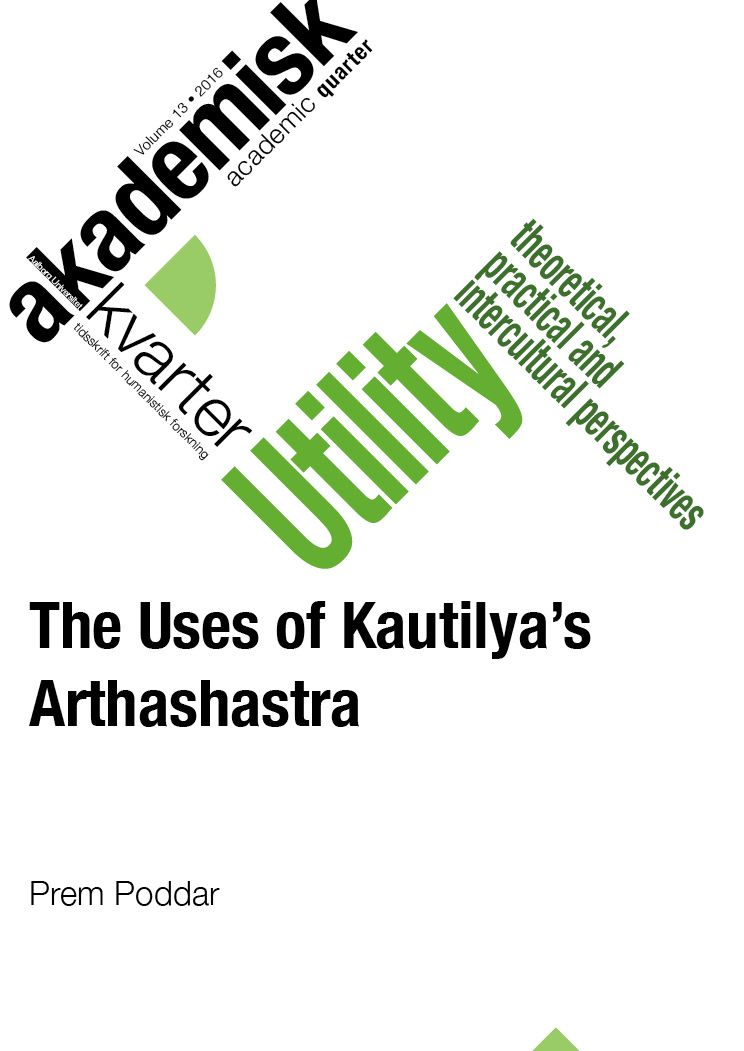Abstract | Abstract
Amartya Sen has at various times referred to the Indian fourth century BCE thinker Kautilya. Kautilya’s treatise Arthaśāstra (literally the ‘science of economy or material wellbeing’) explored possibilities of social choice. My paper attempts to delineate the connections between Sen’s deployment of (and sometimes dissatisfaction with) ancient Indian rational thought, in particular the ethical implications of Kautilya’s arguments about the welfare of the people: “in the happiness of the subjects lies the happiness of the king [i.e. the state] and in what is beneficial to the subjects his own benefit. What is dear to himself is not beneficial to the king, but what is dear to the subjects is beneficial (to him).” How the notion of welfare is defined and what specific measures are advocated and put in place is as central in Kautilya’s work as it is differentially central to our own times. Ultimately, both Kautilya and Sen are acutely aware that just institutions do not necessarily ensure social justice, however it is conceived.
